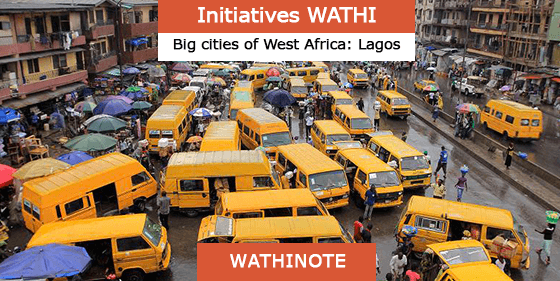

Author(s): Prospero for The economist
Type of publication: Article
Publication Date: December 20, 2018
NIGERIAN culture is thriving. Its pop stars fill out venues from Monrovia to Manhattan; Universal Music, an American record label, opened a west African division in the country this year. Nollywood films are screened around the world to its diaspora, and streamed on platforms such as Netflix (which will surely look to the country when it starts commissioning its “African Original” series in 2019). This summer the national football team’s shirts, deemed the World Cup’s coolest, sold out—no matter that the team itself failed to make it out of the group stages.
High culture is flourishing too, particularly in Lagos, the country’s commercial capital. In October and November the city plays host to a long—and growing—list of arts events, including a fashion week, a photo festival and Art Summit Nigeria, a conference. Ake Arts & Literary Festival moved to the city this year after five years in Abeokuta, a provincial capital 60 miles to the north. Attendance grew 18% to 4,650 as a result, says Lola Shoneyin, a novelist who runs the event.
Such efforts are not going unnoticed. Art X Lagos, a visual-arts fair, attracted 18 galleries both domestic and foreign to the latest edition, up from 11 at its inaugural edition in 2016. South African, Kenyan and Senegalese designers exhibited at Lagos Fashion Week. Ake festival featured speakers such as Nnedi Okorafor, a science-fiction author whose book, “Who Fears Death”, is being turned into a television series by George R.R. Martin, David Olusoga, a British presenter and historian, and Mona Eltahaway, an Egyptian feminist author.
High culture is flourishing too, particularly in Lagos, the country’s commercial capital. In October and November the city plays host to a long—and growing—list of arts events, including a fashion week, a photo festival and Art Summit Nigeria, a conference
The arts season is filling a gap in the culture-tourism market. Where other cities might draw in visitors with a museum—such as the Guggenheim in Bilbao, or the Zeitz Museum of Contemporary Art Africa in Cape Town—Lagos’s National Museum, host to some historic treasures, is dusty and unloved. The city’s private galleries, though well run, are not large enough to attract visitors on their own. Visas and flights to Nigeria are more expensive than to other countries in the region, and organisers know that they have a better chance of attracting attendees if they hold their events in close proximity to other ones.
This explosion of artistic activity is not ignited by state largesse. Business owners in the creative sector say that it is very difficult to get either federal or state government money; those with personal connections tend to do best. The Bank of Industry provides loans, but has less than $1m to dole out. Some politicians provide support. Akinwunmi Ambode, the Lagos state governor, is one, says Polly Alakija, who has led the city’s arts council for two years; her murals of young girls now adorn the pillars under one of Lagos’s main bridges. But Mr Ambode was recently deposed in an internal party coup and will not run in next year’s elections. Ms Alakija says she does not know if his successor will share his passion for the arts. There are no systems in place to outlast politicians and bureaucrats’ whims.
This explosion of artistic activity is not ignited by state largesse. Business owners in the creative sector say that it is very difficult to get either federal or state government money; those with personal connections tend to do best
Many of Lagos’s events rely on sponsors and ticket sales instead. Lagos Fashion Week is bathed in the bright green light of Heineken beer. Art X Lagos is backed by Access Bank, one of the country’s largest lenders. GTB, another bank, has its own “fashion weekend”, two weeks after LFW. But corporate money can be fickle, too. Lagos Photo Festival used to get 25m naira (around $68,000) every year from Etisalat, a mobile network. But when the company ran into financial difficulties the money dried up, says Wunika Mukan, one of the festival’s curators. It is now primarily funded by the Ford Foundation, an American charity.
Ms Alakija, for one, worries that the visual-arts scene in particular will remain small and elitist without proper arts education and state funding. But the arts sector is growing, without much government intervention and despite the country’s economic difficulties (GDP has shrunk for five consecutive quarters since the start of 2016). Lagos has a way to go before it can truly be considered Africa’s cultural capital, but not for nothing is the national motto “Naija no dey carry last”: “Nigerians strive to finish first”.
